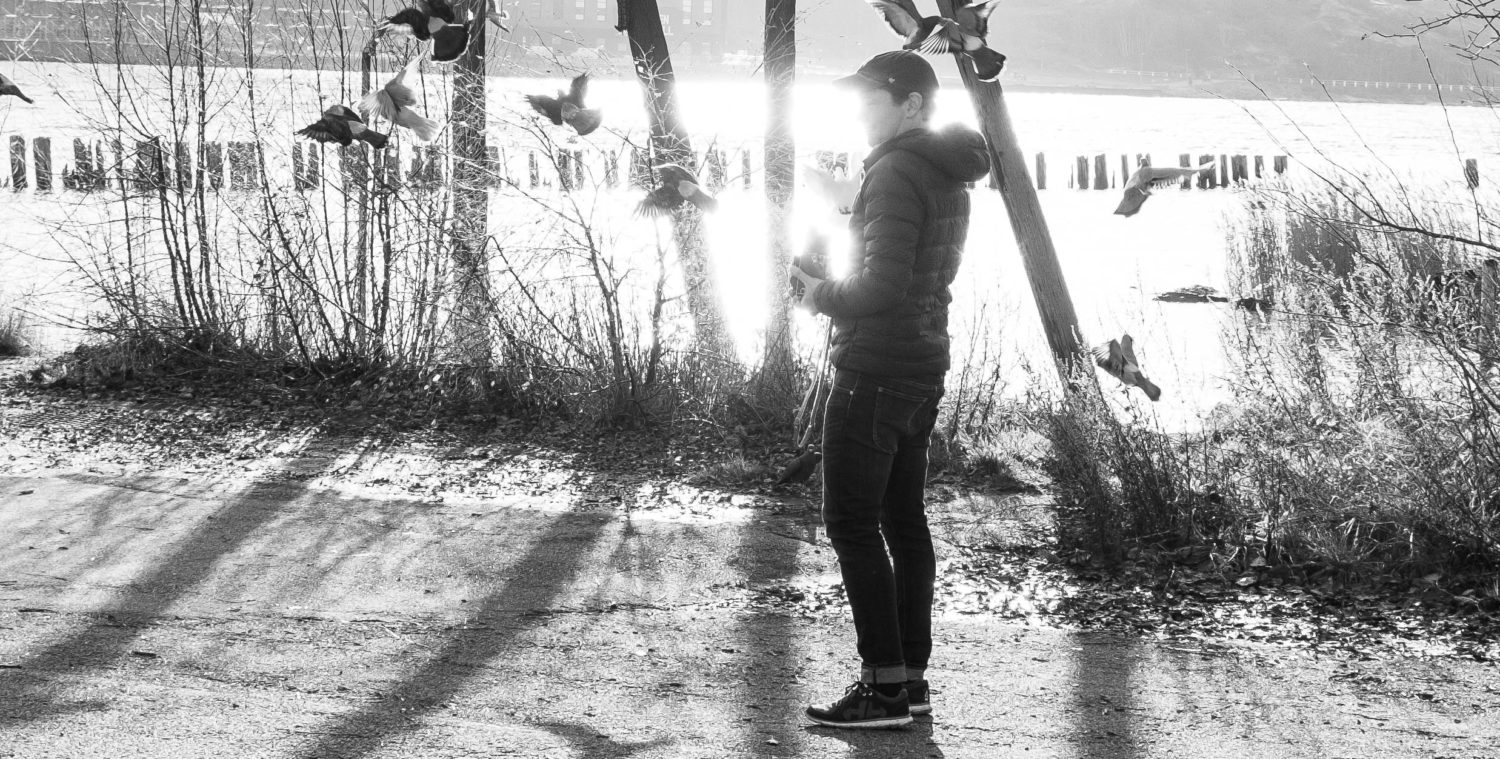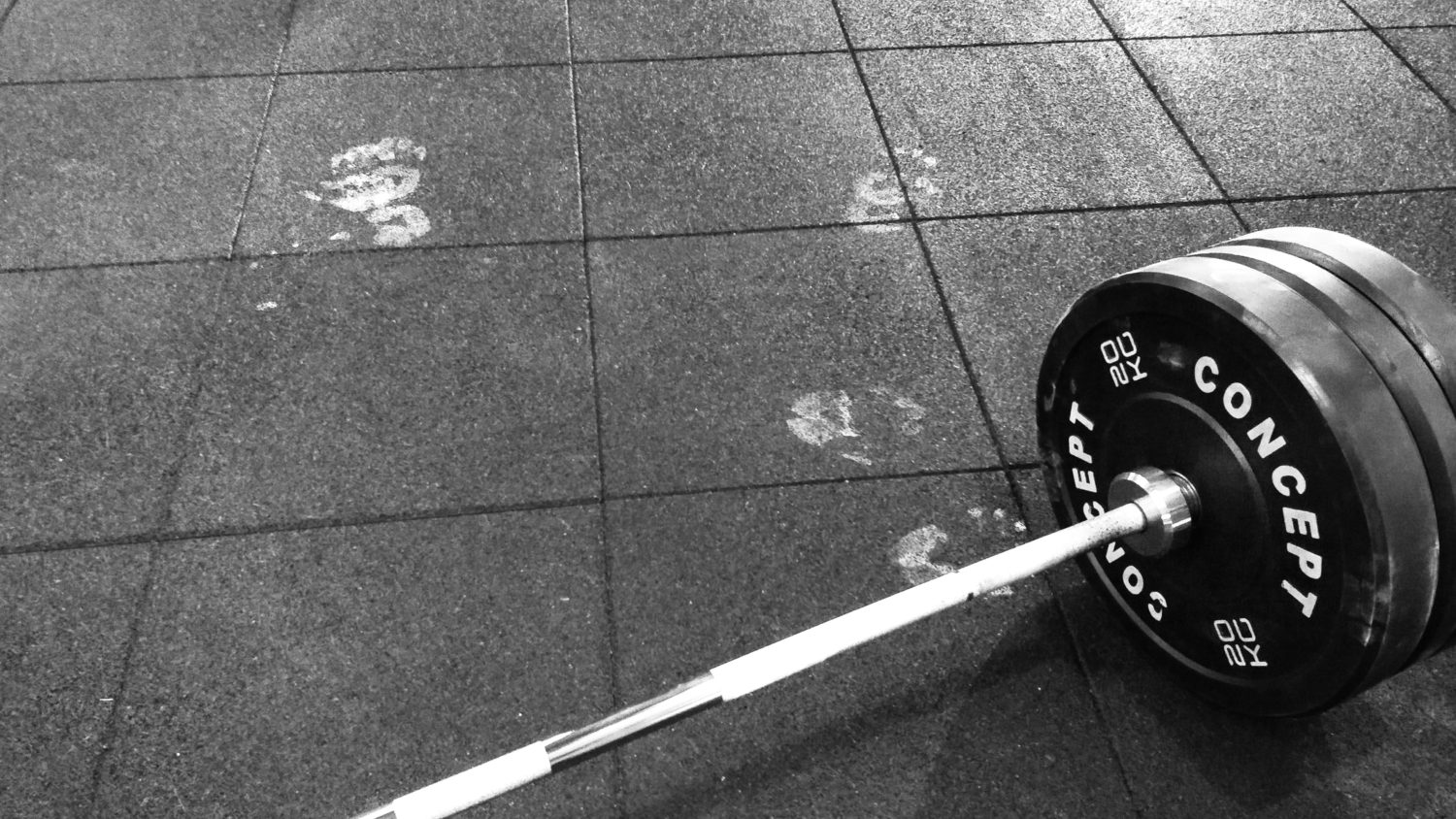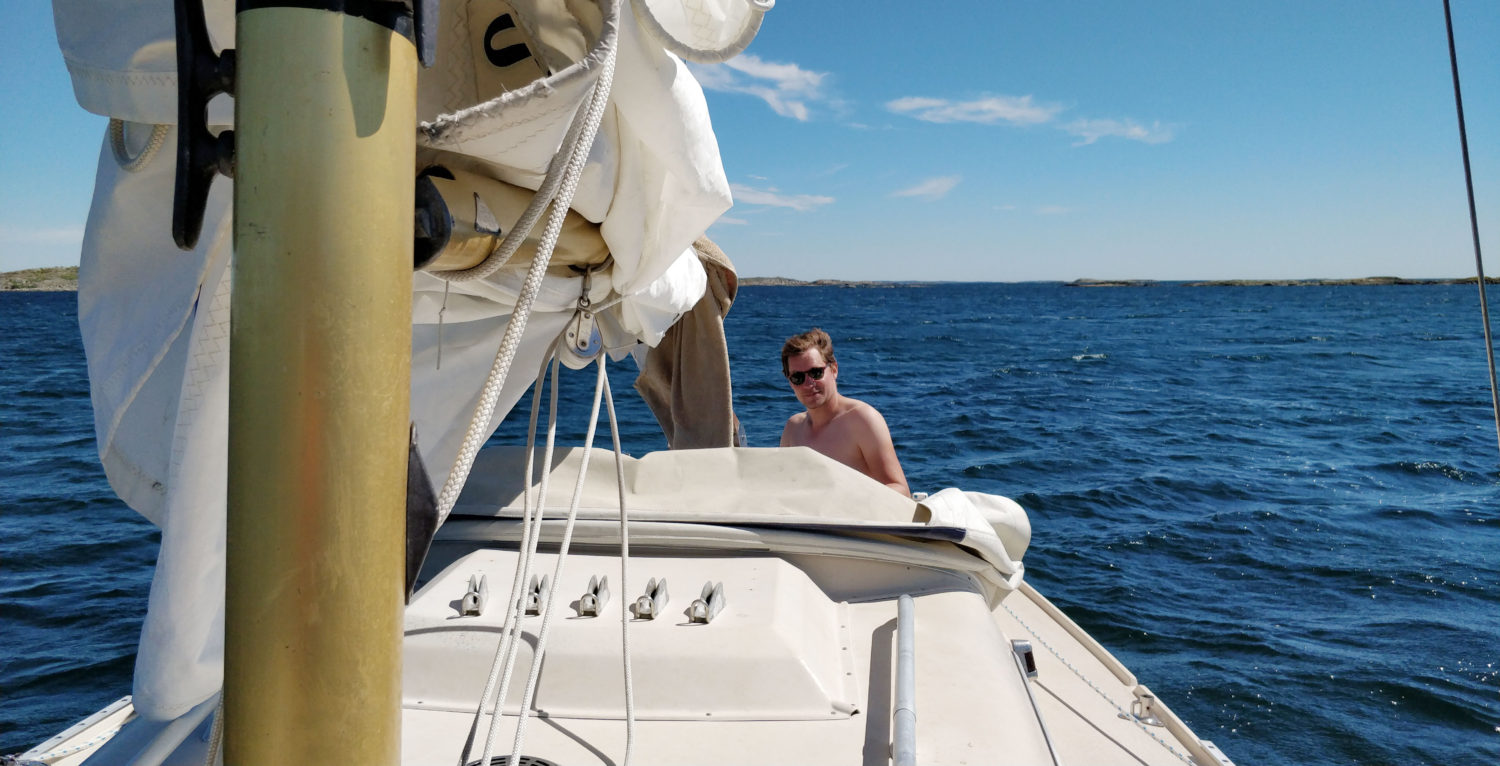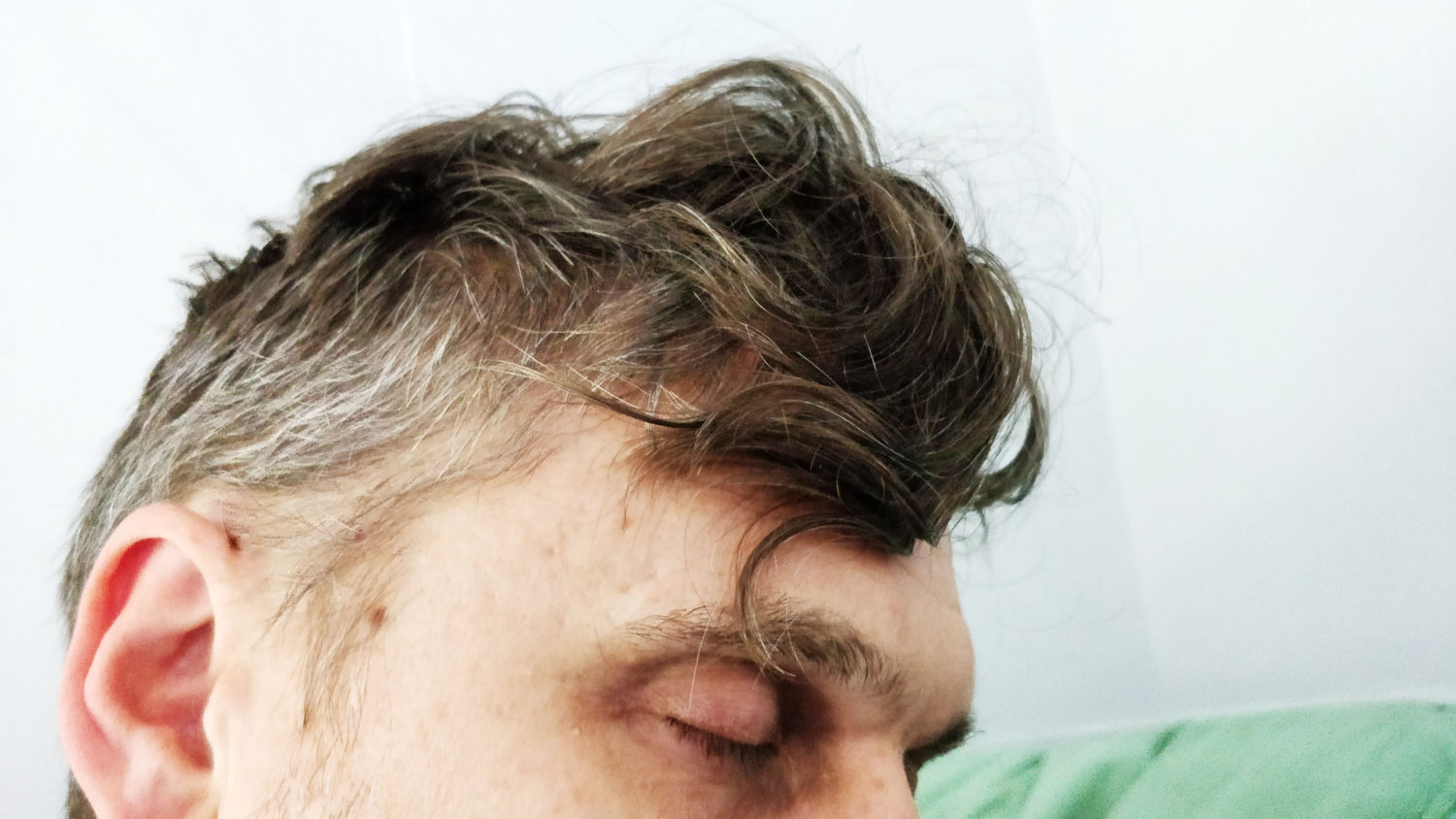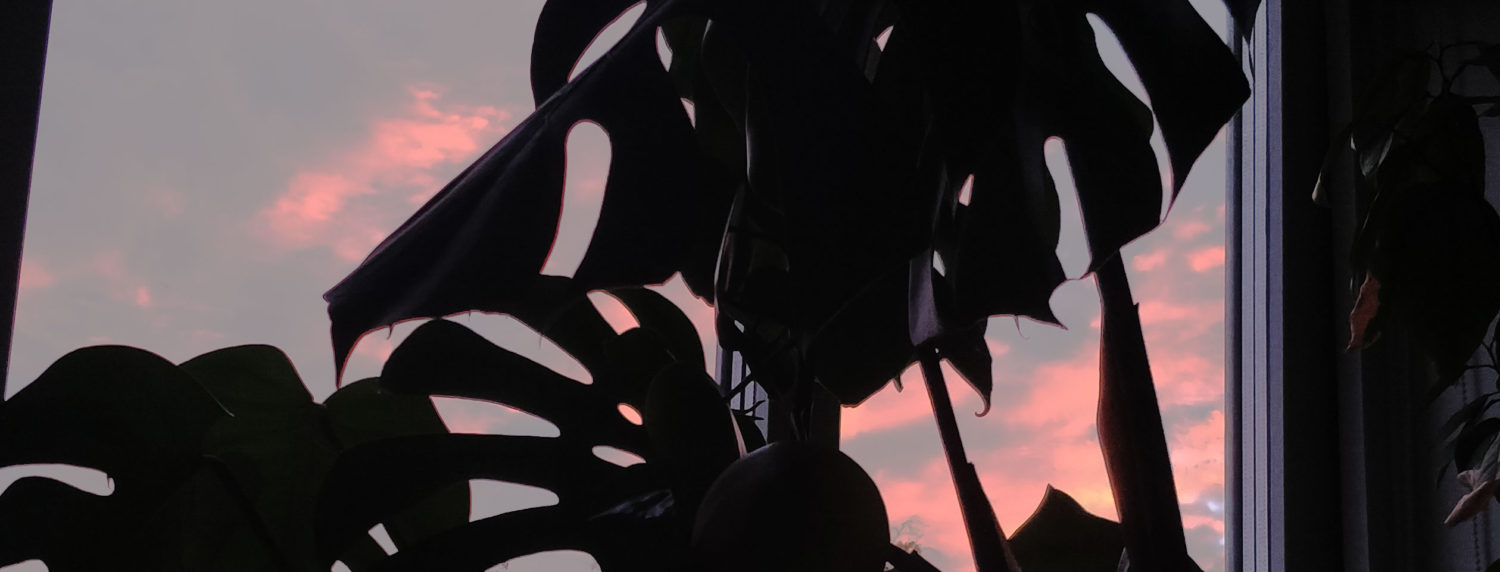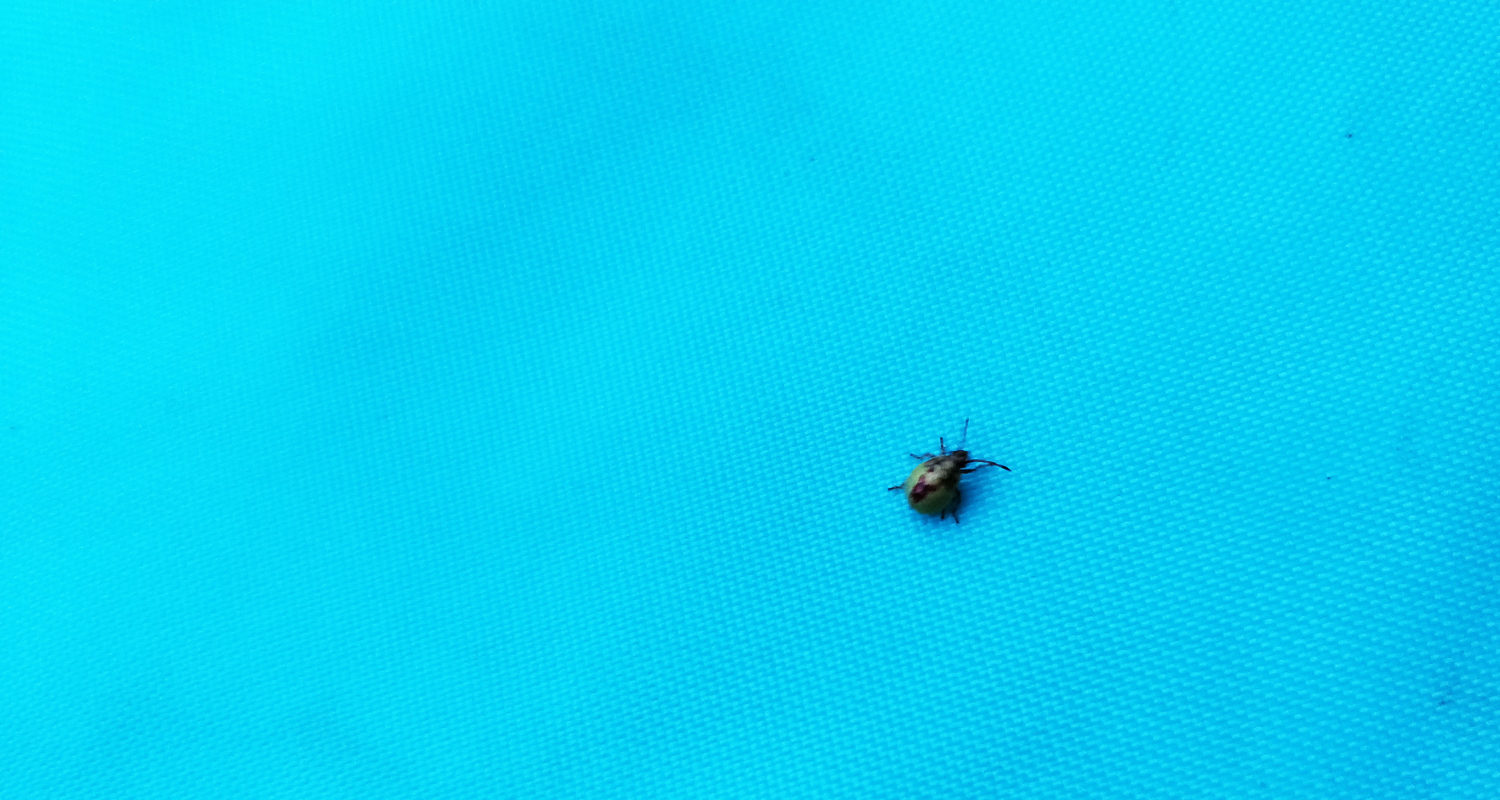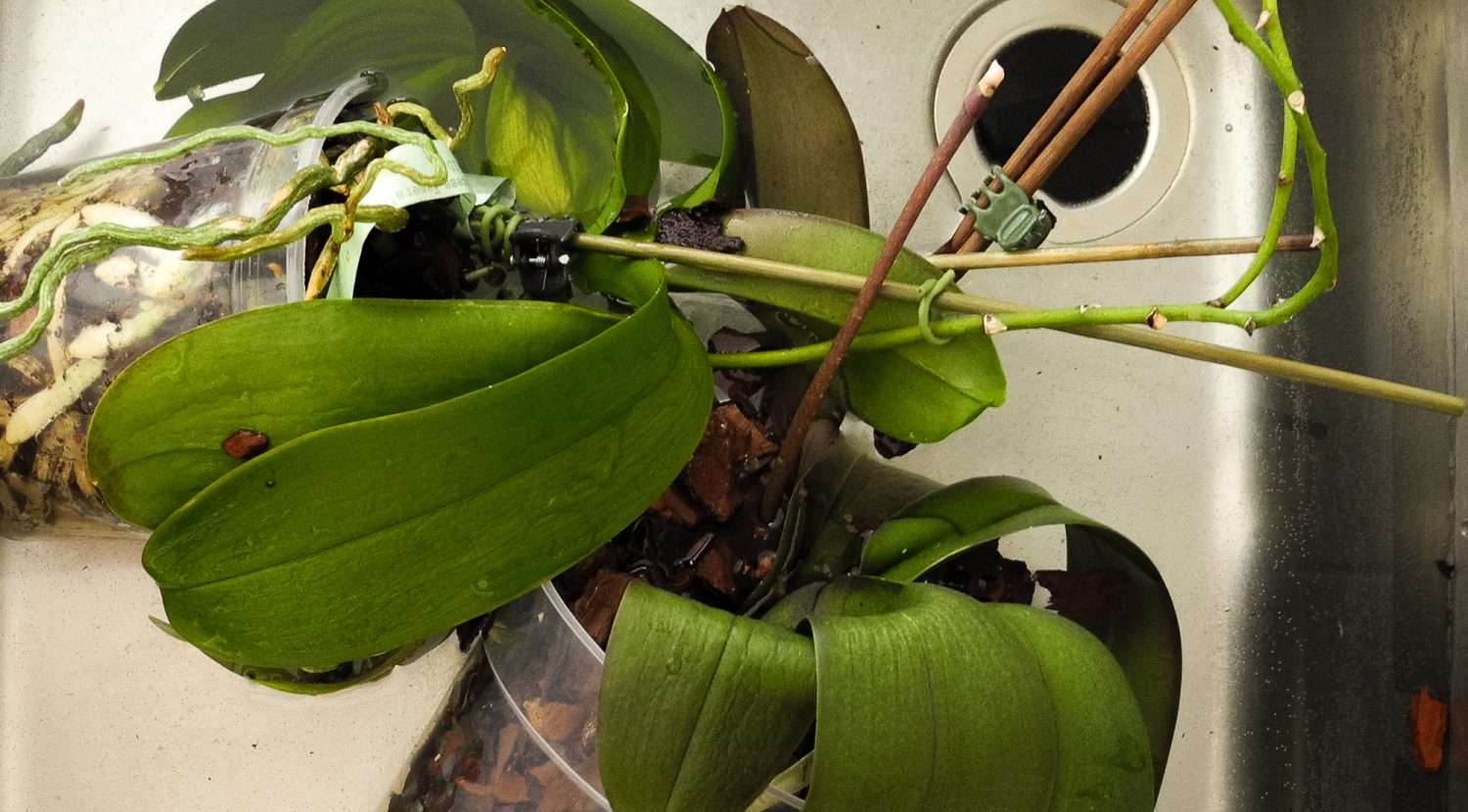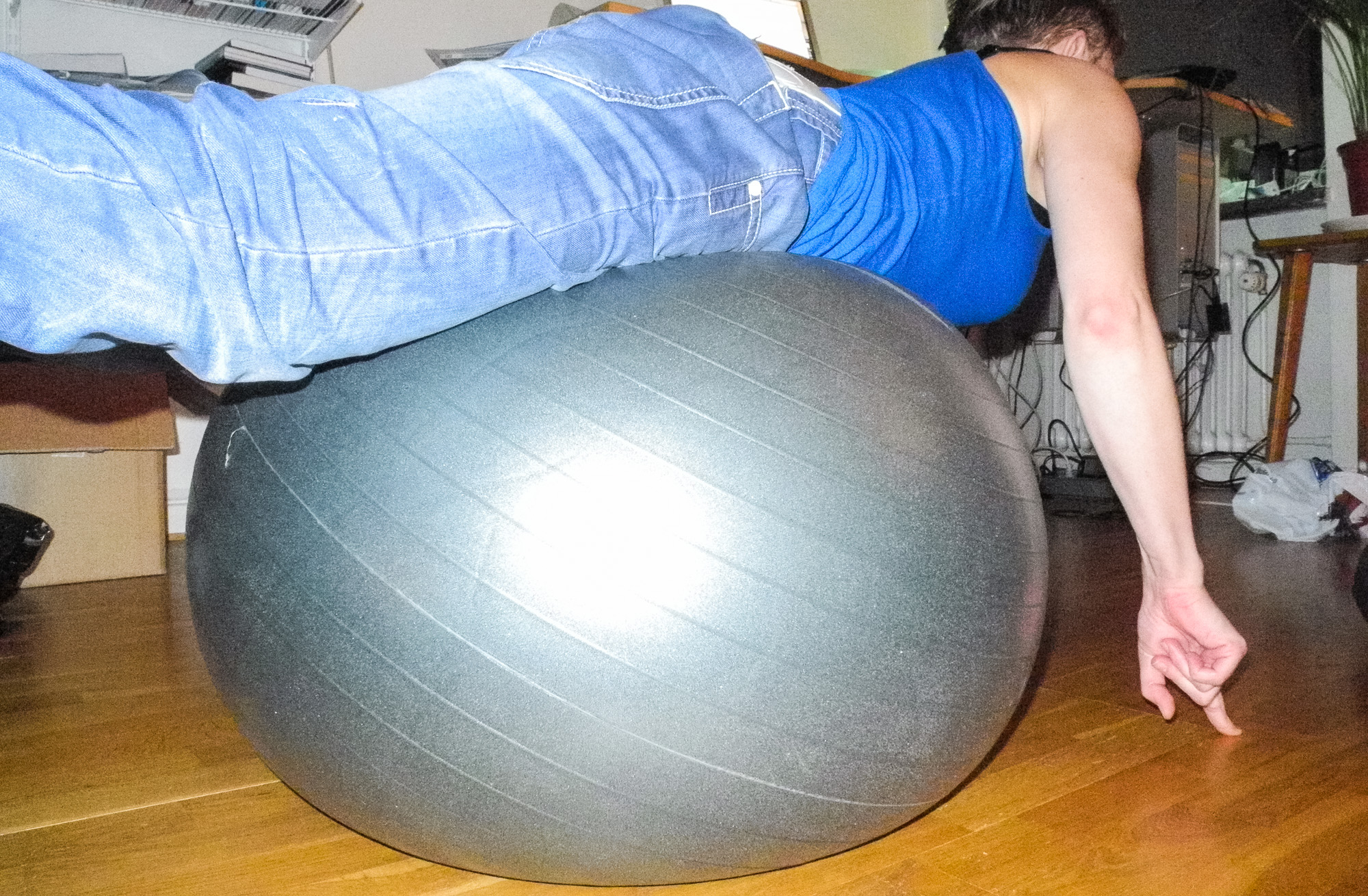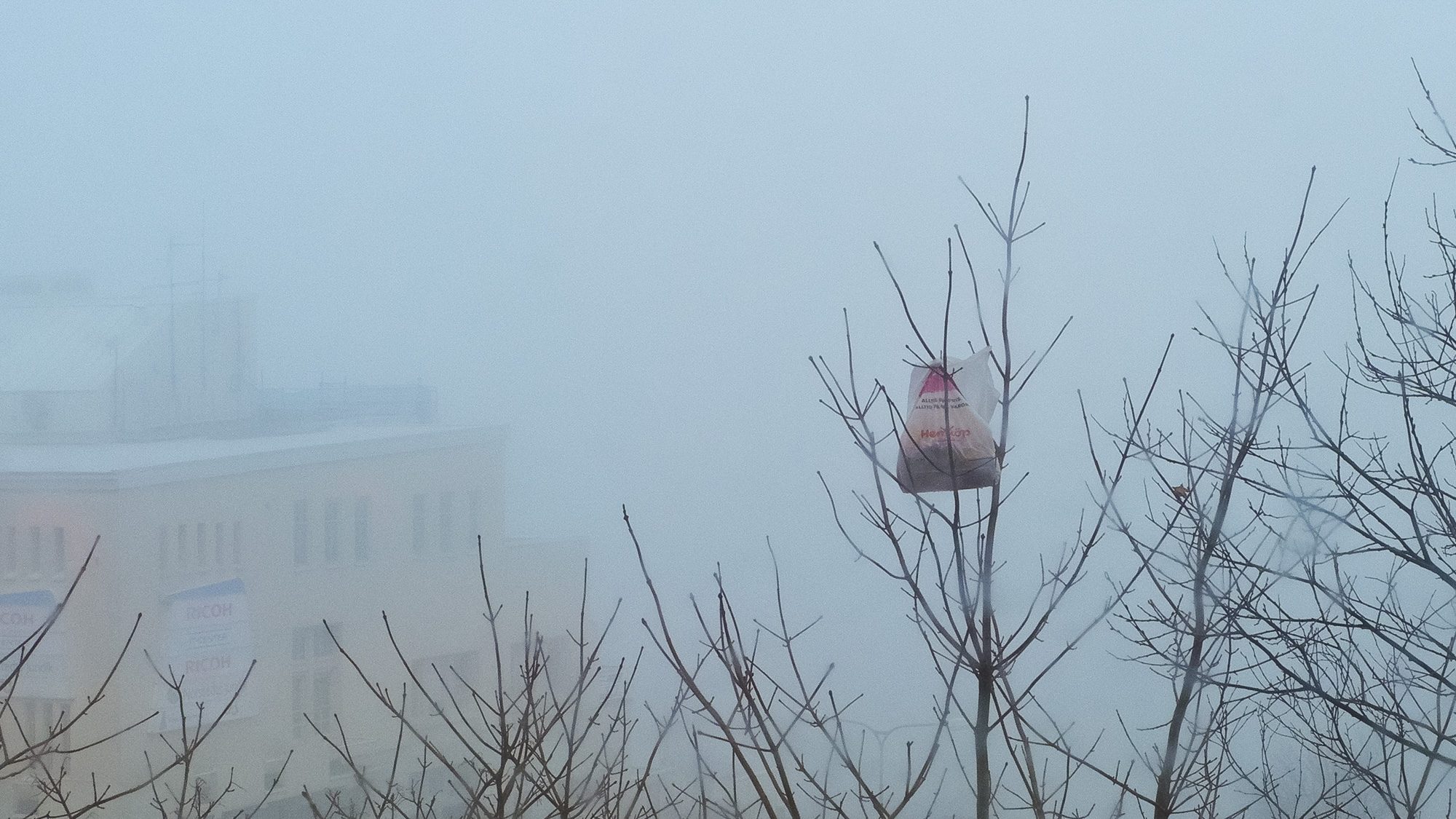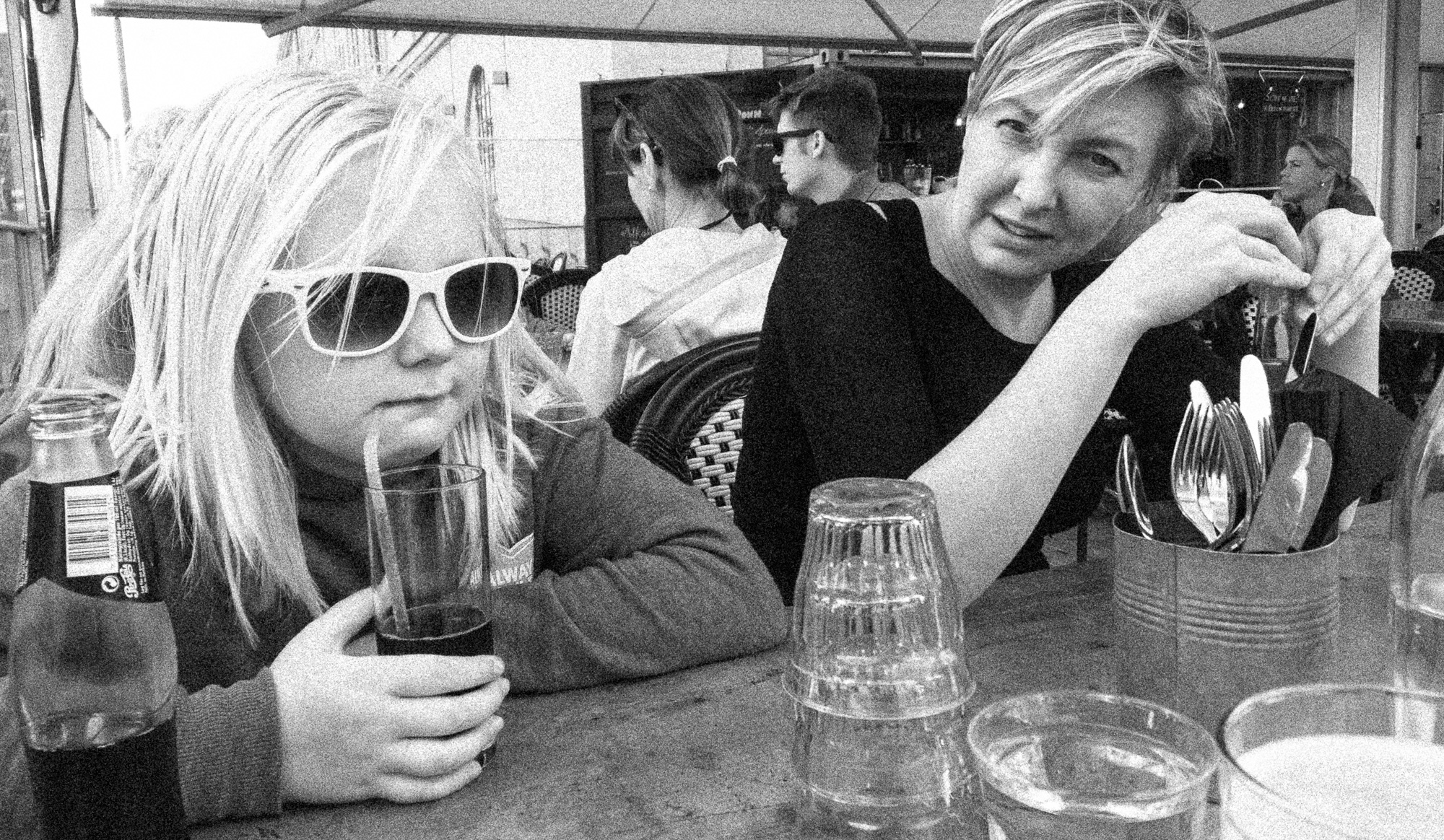Let’s start with a bad metaphor and see how far we can stretch it:
I’m in Bali with the family right now, and a couple of days ago we all got food poisoning at a restaurant and spent the next couple of days like so many broken McFlurry dispensers. We haven’t been back there since, and limit our dinners to places we’ve come to trust by trial and error. Now imagine if we’d banked all our money with that one restaurant at the beginning of our stay, and only had vouchers to eat there. We could use the vouchers somewhere else, but they’d be worth half the amount if they were worth anything, and if we ate at any one restaurant more than once, that first restaurant would buy them up and either close shop or have them serve their food.
I’m going to try to convince you that Google/Alphabet is that restaurant, and that occasional catastrophic diarrhea is what you put up with in order to eat at their table.

Tim O’Reilly of computer book publishing fame recently published his book WTF? and interspersed between the name-dropping and a light-Randian critique of ineffectual systems, there’s a genuine interest in understanding how things work, what problems those things are trying to solve, and how better to solve them.
A paragraph in the closing chapter might serve as an example:
Even when a dark future seems to be staring us in the face, though, we lack the courage to do what must be done. Despite our best efforts, most of the time we fail to respond to potentially catastrophic consequences of changes that are already well under way. And despite the lessons of history, we haven’t yet made the hard choices to fundamentally restructure our economy.
Instead, we argue over which of the failed recipes of the past we will try again. Political leaders and policy makers could learn a lot from Jeff Bezos. [owner of Amazon]
My recurring question while reading was “who are these ‘we’ that you’re referring to?” It might be that Tim has a genuine belief that all humans are aware of the same problems and frame them similarly, but are too distracted by old ideas to see clearly, even though I don’t get that feeling from reading the book. But many of the conclusions in the book refer to a nebulous ‘we’ and misses the point that there really isn’t a ‘we’ more than as a species. Snakes in suits seems relevant here; some people have a really odd sense of what constitutes “success” or “progress.”
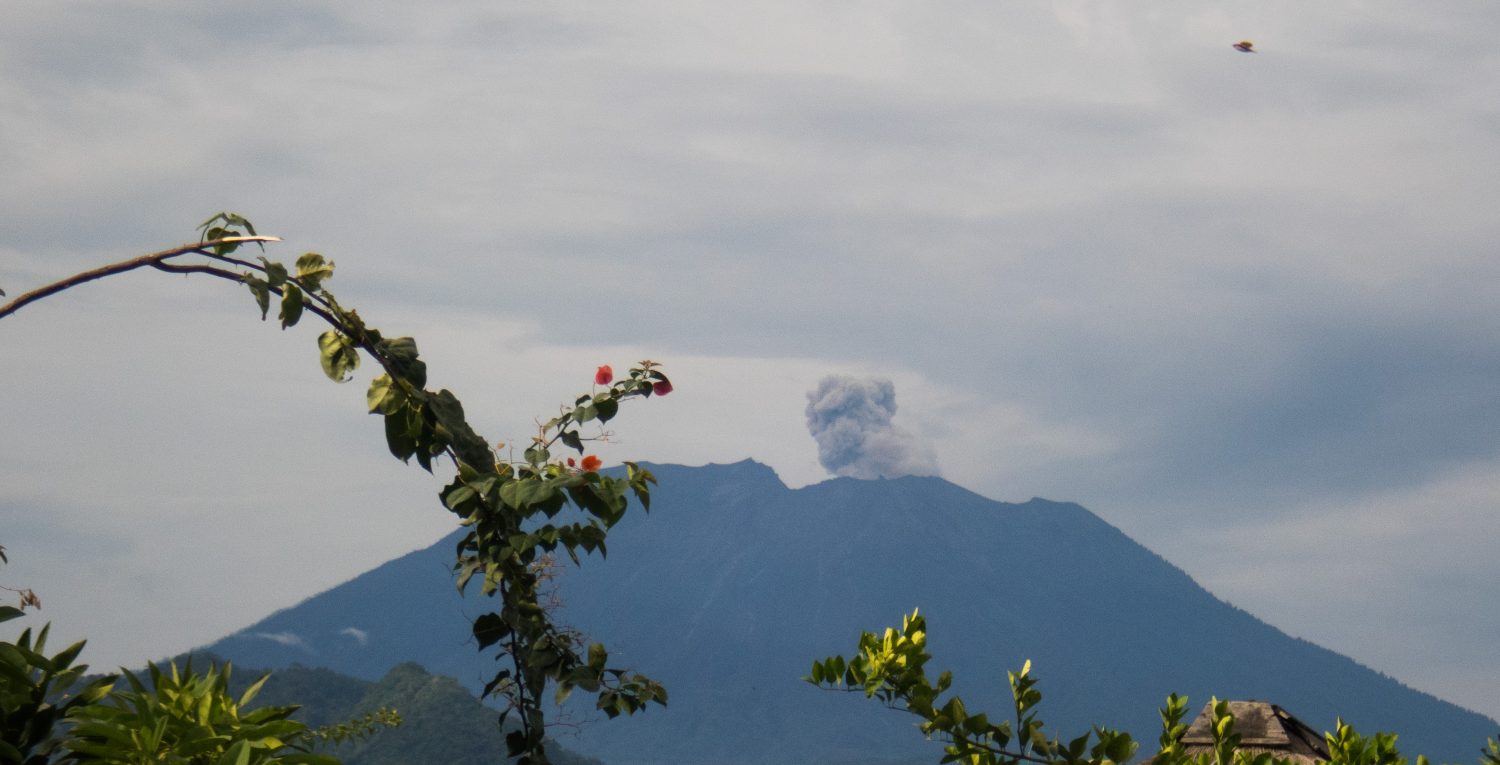
Uber is mentioned copiously and much is done of the gig-economy (Airbnb, Mechanical Turk, et al) as the next big thing. Not necessarily a good thing, but a thing which is rising on its own merits. By all means, let’s not throw the clone out with the amniotic fluid and let’s learn why some of these services (or ‘platforms’ which is the word of the day) offer which ‘we’ can harness for our own means. But let’s not forget that you have to decide who ‘we’ are that are doing this. We’re a multitude, and progress is a struggle of competing ideas, not merely a linear progression of inventions only hampered by incumbent powers.
Fred Turner put my thoughts together better than I can in an interview over at Logic:
About ten years back, I spent a lot of time inside Google. What I saw there was an interesting loop. It started with, “Don’t be evil.” So then the question became, “Okay, what’s good?” Well, information is good. Information empowers people. So providing information is good. Okay, great. Who provides information? Oh, right: Google provides information. So you end up in this loop where what’s good for people is what’s good for Google, and vice versa. And that is a challenging space to live in.
He continues:
So I think that engineers, at Facebook and other firms, have been a bit baffled when they’ve been told that the systems they’ve built—systems that are clearly working very well and whose effectiveness is measured by the profits they generate, so everything looks ethical and “good” in the Google sense—are corrupting the public sphere.
And this is where we come back to the original shitty metaphor: As long as financial profitability – or the anticipation thereof – is the metric by which a service platform can continue to operate, by virtue of the market that platform will dominate that sphere and gobble up other services which might serve the purpose better but might not be as profitable. It’s not that other services are not profitable, it’s them not being the most profitable – which should tell you that the point of the service isn’t the service, but the bottom line. And in the case of Google (and Facebook, and Twitter, and Apple, and…) the more services they offer the bigger their market share and value, and the more difficult it is to offer an alternative: In addition to market dominance stemming from huge stacks of money, their ever increasing user base fuels an ever larget market share, and on it goes. It’s a natural monopoly, and it’s not a good thing when there’s no public oversight or accountable governance.
This doesn’t even touch on the resulting negative consequences of one company hoarding all our data; corporate data mining, private censorship, arbitrary non-democratic rules, commercialization of our attention, fake news and propaganda, echo chamber discourse, stifling innovation and price dumping against competing services. All the entreprebro assholes disrupting stuff because it’s their God given (and VC driven) right, those are just the garnish on the shit sandwich we’re eating so that we can sync our calendars across devices and not have to input the destination into our GPS. Not that those things aren’t convenient, but in my view they’re not worth the the indigestion.
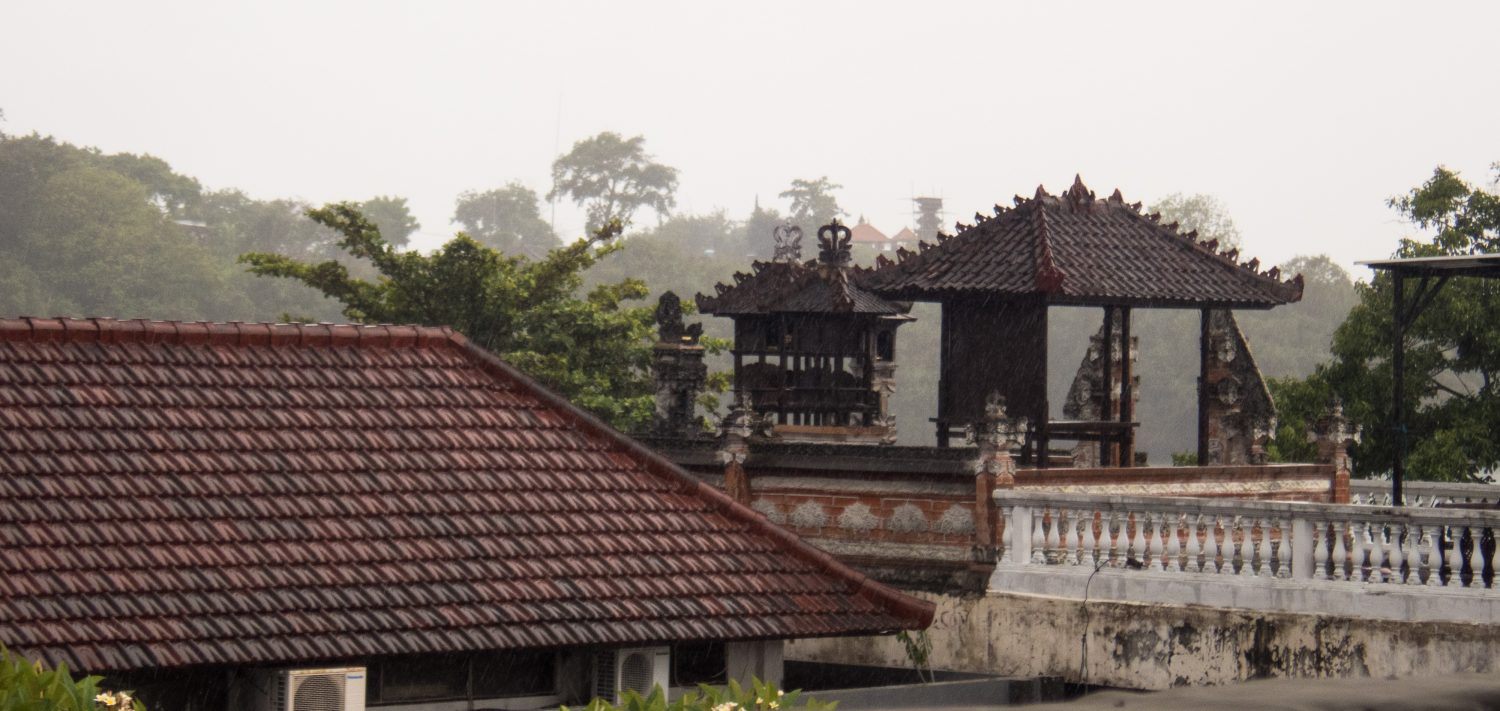
Tim uses some astrophysical metaphors as well:
When making sense of the future, think in terms of gravitational cores, not hard boundaries. Just as the sun’s gravity well reaches out beyond the orbit of Pluto and encompasses not just the planets in the ecliptic but comets and planetoids with eccentric orbits, so too the forces shaping the future all have a gravitational core and a gradually attenuating influence. And just as the solar system has multiple gravitational subsystems, where the draw of the local giant keeps its own satellites in tow while all still partake in the larger dance, these interpenetrating trends influence each other and converge.
So I’ll add my own:
How about viewing Google as a black hole. You’re in a stable orbit around it, and through clever engineering you manage to siphon off enough energy to keep your orbit and have some extra energy to spare. You’ll never end up like those suckers who fall in. But all those suckers who fell in increased the mass of the black hole gradually, and you didn’t even notice the moment when you passed the event horizon yourself. You still feel like you’re in a stable orbit, but for the outside world you’ve disappeared beyond the event horizon – and should they ever want to get in touch with you again, they have to go there to.
So there you have Google in a nutshell: You’re accelerating down a gravity well, shitting brown water, asking Echo for movie recommendations.
Here’s how this might get sorted: In fifty years time, many of those alive today will be dead. New young people, seeing the stupid shit we’re doing today, will come up with other solutions. Hopefully they will realize that you can’t be unfucked, and refuse to give up their data in the first place.
Another solution might be to require interoperability between all systems with more than n number of users and subsidize migration tools for services. But it’s easier just to wait for people to die and the relevancy of their data with them.
